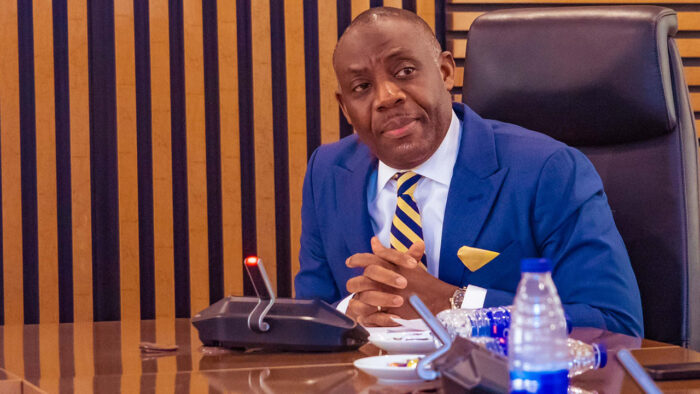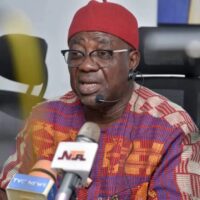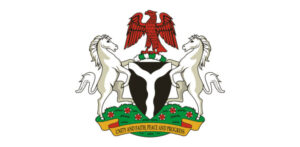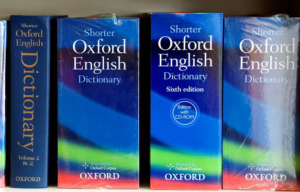The Federal Government has scrapped the national language policy that required schools to teach pupils in indigenous languages.
Minister of Education, Tunji Alausa, announced the decision on Wednesday at the 2025 Language in Education International Conference organised by the British Council in Abuja.
The policy, approved in 2022, had directed that pupils from early childhood education to Primary Six be taught in their mother tongue or the language of their immediate environment. It was introduced to promote indigenous languages, ensure inclusivity, and enhance early learning outcomes, while English remained the medium for higher education and formal communication.
However, Alausa said the government’s review of the policy revealed that it had produced poor results across several regions. He noted that Nigerian pupils had performed poorly in public examinations due to the use of local languages as the primary medium of instruction.
“The evidence and data we analysed showed that using the mother tongue as the main language of instruction has significantly hindered learning outcomes,” the minister stated.
He added that English will now serve as the official language of instruction across all levels of education, from primary to tertiary institutions.
READ ALSO: FG Unveils AI Model For Local Language During UNGA
“We have seen a mass failure rate in WAEC, NECO and JAMB in certain geo-political zones of the country, and those are the ones that adopted this mother tongue in an over-subscribed manner,” Alausa said.
“This is about evidence-based governance. English now stands as the medium of instruction from the pre-primary, primary, junior secondary, senior secondary and to the tertiary education level.
“Using the mother tongue language in Nigeria for the past 15 years has literally destroyed education in certain regions. We have to talk about evidence, not emotions.”
Alausa said data collected from schools nationwide showed that students taught mainly in indigenous languages had higher failure rates in national examinations and faced difficulties with basic English comprehension.
“The national policy on language has been cancelled. English now stands as the medium of instruction across all levels of education,” he declared.
The minister called on stakeholders with opposing views to provide credible data to back their arguments, noting that the government welcomes evidence-based discussions aimed at strengthening the education system.
He praised the British Council for its continued partnership with Nigeria in driving education reforms and supporting inclusive language and learning policies.
Minister of State for Education, Suwaiba Ahmed, also highlighted the government’s ongoing efforts to tackle the teaching and learning challenges at the foundational level.
According to her, a new teacher training programme has been developed to enhance literacy and numeracy skills among pupils.
”Now we are designing a training package for the teachers that focuses on the learning of literacy and numeracy,” she said.
“This is specifically training teachers who teach across the foundation level from pre-primary to primary one to three.
“We are training them how best to teach literacy, how best to teach numeracy, and of course, the approach,” she said.
Donna McGowan, Country Director of the British Council in Nigeria, pledged the organisation’s continued support and technical expertise to help advance Nigeria’s education policies and drive reforms across the sector.
”We’re committed to working hand-in-hand with the ministry. We work across all areas of education in terms of supporting teacher professional development, school leadership and language proficiency,” McGowan said.





